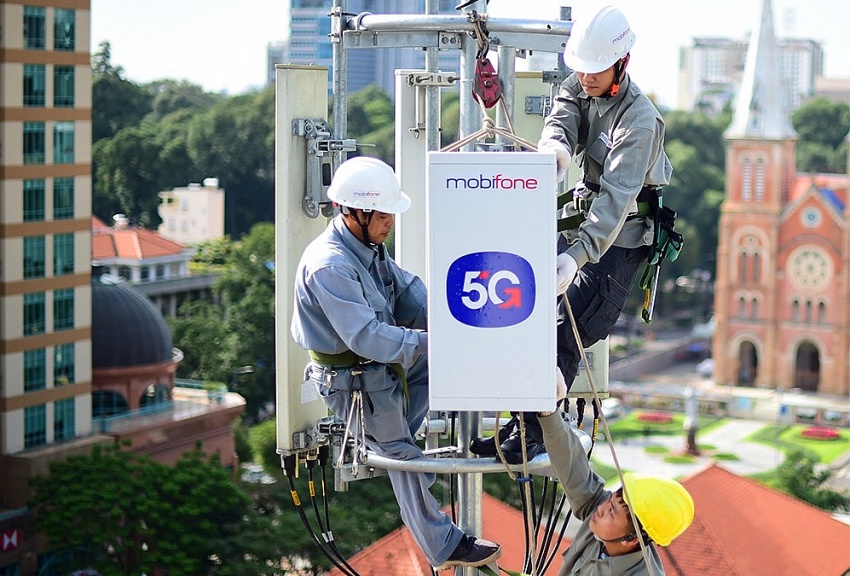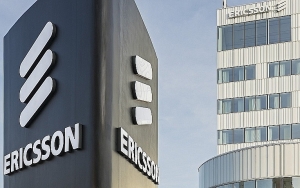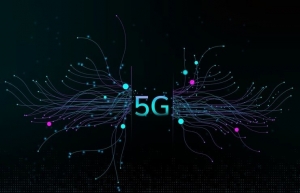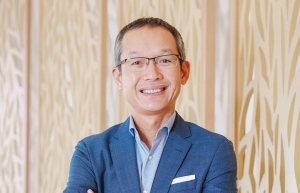5G building blocks falling into place
State-owned MobiFone is developing 5G infrastructure and increasing 5G services in prioritised areas after winning the auction to claim the C3 band block this month to meet the requirements of local authorities.
 |
| Mastering 5G will help Vietnam improve competitiveness in various areas, experts say |
A representative of MobiFone told VIR that ownership of the C3 band block will be the basis for MobiFone to accelerate the commercialisation of 5G services nationwide, with a focus on enhancing services in big cities, airport areas, tourist destinations or areas with many industrial parks.
“We will also deploy an infrastructure sharing cooperation model with other network operators which have suitable 5G frequency bands to enhance the effectiveness of 5G deployment. This cooperation not only helps optimise the resources of network operators but also gives customers the best experience with 5G services,” he added.
MobiFone, established three decades ago, owns available infrastructure, and nationwide coverage of 2G-4G. MobiFone currently has nearly four million subscribers using 5G-enabled devices. In March, it and Vietnam Posts and Telecommunications Group (VNPT) inked a deal on sharing infrastructure to optimise strengths and operation efficiency.
To Thai Dung, chairman of VNPT, noted that this event has important significance for VNPT and MobiFone, marking the next development step in the long-term cooperation between the two businesses. “The success of this agreement depends entirely on the efforts of both sides to maintain it based on trust, responsibility, together overcoming difficulties and sharing benefits,” Dung said.
Also in March, VNPT won the auction for the C2 band block, which covers 3700-3800 MHz, for 5G. One month later, the group received a license to establish a network and provide terrestrial mobile communication services using 5G technology. VNPT is also making preparations for 5G commercialisation.
VNPT is planning to deploy 5G nationwide, with a priority on the development of 5G network infrastructure to improve user experience, providing high speed, large capacity, and the lowest latency while still optimising the investment cost and increasing business efficiency.
“In the immediate future, VNPT will focus on deploying 5G in areas that require high interaction and real-time online communication, as well as areas such as high-tech parks, urban areas, universities among others,” said a VNPT representative.
Specifically, in Ho Chi Minh City, he added that it will quickly deploy 5G coverage with the C2 band and will focus on deploying 5G in the city centre and Thu Duc city to meet the needs of bandwidth, and new specific applications of 5G technology.
Like VNPT and MobiFone, telecoms group Viettel is actively building 5G infrastructure after winning the right to use the 2500-2600MHz frequency in the March auction.
In late June, the Ministry of Information and Communications’s Authority of Telecommunications (AoT) awarded a certificate of conformity for some 5G base station equipment to Viettel High Technology Industry Corporation, making it the first company in Vietnam to get the certificate. So far, Viettel has built and tested nearly 500 5G stations nationwide. It also deploys a private 5G mobile network in practice.
Nguyen Thanh Phuc, director of the AoT, said, “Owning and mastering this technology will help Vietnam improve its competitiveness and promote socioeconomic development, and especially create better conditions for the development of new industries such as the Internet of Things, AI, and big data.”
Despite the efforts, there are a number of issues facing network operators in the journey. Technology analyst Minh Vu said, “The financial challenge when deploying 5G is a big barrier. The investment required to deploy 5G is huge, while the return on investment will take a long time for consumers and businesses to adopt 5G-enabled devices and services. In addition, the limited spectrum usage period of only 15 years is also a challenge, so network operators have to rush in the start of business operations to recoup money.”
Tech expert Ngo Nguyen added, “Vietnam’s challenge is that the number of people using 3G and 4G-enabled devices is still considerable. As 5G networks roll out, users will have to change their devices. This is costly and can affect people’s willingness to use 5G services.”
The IT infrastructure being deployed in businesses is largely old technology, Nguyen added, and to be ready for 5G tech, businesses will have to change their infrastructure.
What the stars mean:
★ Poor ★ ★ Promising ★★★ Good ★★★★ Very good ★★★★★ Exceptional
 Tag:
Tag:
Related Contents
Latest News
More News
- Masan Consumer names new deputy CEO to drive foods and beverages growth (February 23, 2026 | 20:52)
- Myriad risks ahead, but ones Vietnam can confront (February 20, 2026 | 15:02)
- Vietnam making the leap into AI and semiconductors (February 20, 2026 | 09:37)
- Funding must be activated for semiconductor success (February 20, 2026 | 09:20)
- Resilience as new benchmark for smarter infrastructure (February 19, 2026 | 20:35)
- A golden time to shine within ASEAN (February 19, 2026 | 20:22)
- Vietnam’s pivotal year for advancing sustainability (February 19, 2026 | 08:44)
- Strengthening the core role of industry and trade (February 19, 2026 | 08:35)
- Future orientations for healthcare improvements (February 19, 2026 | 08:29)
- Infrastructure orientations suitable for a new chapter (February 19, 2026 | 08:15)



























 Mobile Version
Mobile Version